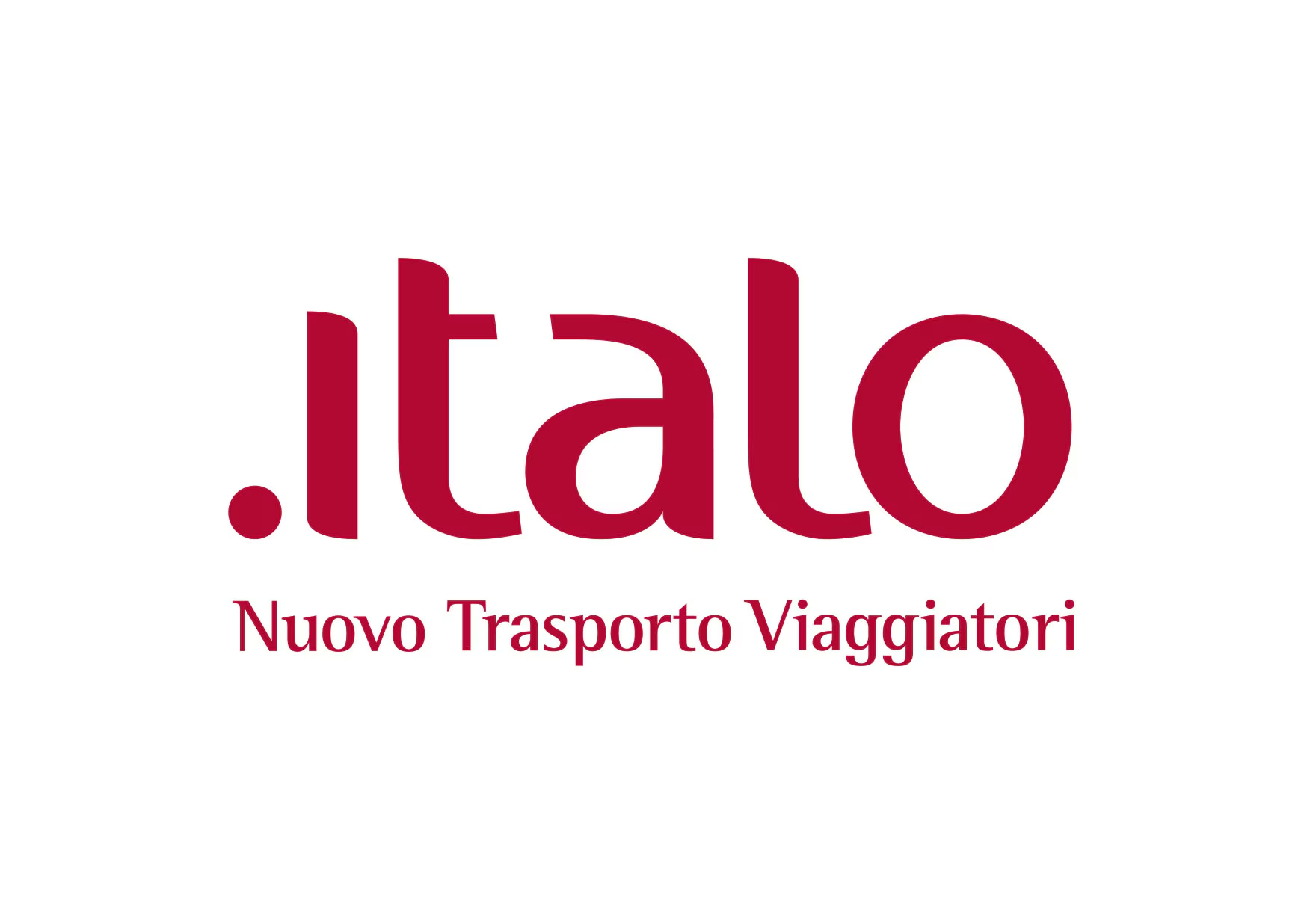
You can buy train tickets directly from the operator or through a reseller. The reseller is typically slightly more expensive (3-5%) but can provide an easier booking experience, especially if you travel with more than one operator.


These operators provide a complete journey either as a direct connection or through their partners. Even if a change of trains is involved, it’s all part of a single itinerary managed by the same train company or its partners, offering a smoother and more coordinated travel experience.

Some operators don’t run direct trains the whole way, but they serve either the departure or arrival station. In many cases, you can combine two of these operators to complete your journey by changing trains along the way. This is often a flexible and budget-friendly way to travel — especially if you’re comfortable piecing together your own itinerary.
Just keep in mind that these are separate journeys, which means a delay on the first leg could cause you to miss the second without automatic compensation or rebooking. It’s a great option for confident travelers who don’t mind a bit of extra planning.




Flixbus is primarily known for its extensive network of bus services throughout Europe rather than train services. While they are a prominent player in offering affordable and long-distance travel options, their operations chiefly focus on bus transportation. Flixbus offers comfortable seating, onboard Wi-Fi, and power outlets on many of their buses, which makes long journeys more convenient for passengers. They also provide an app through which passengers can book tickets, track buses in real time, and manage their bookings, offering flexibility and ease of access to travel information. Customer support is available via the app and online, assisting travelers with any inquiries or changes to their travel plans. However, for a journey specifically from Rome to Stockholm by rail, travelers would typically rely on train services such as those operated by companies like Trenitalia for domestic Italian routes and other European rail carriers like Deutsche Bahn or SJ for segments further north, as Flixbus itself does not provide a direct rail service along this route.
The Interrail Global Pass is valid for traveling by train from Rome to Stockholm for both EU residents and non-EU residents. It allows travel across multiple countries, making it suitable for this international journey. The Interrail One Country Pass is not applicable for this trip as it covers travel within a single country only. The Eurail Pass is valid for this journey for travelers who are not residents of the EU, as it allows unlimited travel across multiple European countries for non-EU residents.
Upon arriving in Stockholm by train, you will find yourself at Stockholm Central Station, which is a key hub for local transportation. To get around the city, you can utilize Stockholm’s efficient metro system, known as the Tunnelbana. The metro has three color-coded lines—green, red, and blue—that comprehensively cover the city and its suburbs. Tickets can be purchased at SL Centers, ticket machines, or via the SL app, and they are valid on all public transportation within Stockholm, including buses and trams.
For travel above ground, Stockholm has an extensive bus network that complements the metro system and serves areas not reachable by metro. SL buses are also a good option for sightseeing since many routes pass through popular neighborhoods and attractions.
Trams are another mode of public transit, with the most notable being line 7 which runs from T-Centralen to Djurgården, passing by several museums and tourist sites along the way.
Taxis are readily available and can be hailed on the street, booked by phone, or via various taxi apps. All licensed taxis display yellow number plates and the price per 10 kilometers on the rear side window, which allows easy comparison of fares. While taxis in Stockholm are reliable, they can be expensive.
Ridesharing services, like Uber, operate in Stockholm and are a convenient alternative to traditional taxis, often at a competitive price. They can be booked directly through their respective apps.
Lastly, if you prefer biking, Stockholm is a bike-friendly city, offering a well-developed network of bike lanes and several bike rental services. Some areas are easier to navigate by bike than by car, providing a pleasant way to explore the city.
Stockholm, as a major hub in Sweden, offers a variety of popular train connections both within the country and internationally. Domestically, one of the most common train routes is from Stockholm to Gothenburg, primarily served by SJ high-speed trains, which makes the journey in about three hours. Another key route is from Stockholm to Malmö, also operated by SJ, taking about four to five hours and offering frequent departures. For travelers preferring overnight options, the Snälltåget night train connects Stockholm with Malmö as well.
Internationally, Stockholm is connected to Oslo, Norway, through direct trains operated by SJ and Vy, taking approximately six hours. To Denmark, travelers can take SJ high-speed trains to Copenhagen via a connection in Malmö, facilitated by the Öresund Bridge, with a total travel time of around five to six hours.
For those traveling to Finland, the overnight Finnlines ferry to Helsinki is often an alternative, since there is no direct train service. However, travelers can also take trains from Stockholm to Luleå, continue to Haparanda, and cross into Finland by bus, connecting with Finnish rail services onwards. Another interesting route is the overnight Snälltåget train from Stockholm to Hamburg, Germany, providing a direct connection to continental Europe during the summer and ski seasons. These routes highlight the extensive rail connectivity and convenience for travelers using Stockholm as a starting point for their train journeys.
The best time to visit Stockholm largely depends on what you want to experience. If pleasant weather is your priority, the months between June and August are ideal. During this period, Stockholm experiences long days and mild temperatures, averaging between 18°C and 25°C (64°F and 77°F), perfect for exploring the city’s outdoor attractions and engaging in activities such as archipelago cruising. However, this is also peak tourist season, which means higher prices for accommodations and potentially more crowded attractions.
If you’re interested in experiencing Stockholm’s vibrant cultural scene, visiting during the shoulder months, May and September, might be a great option. The weather is still relatively mild, and you can enjoy cultural events like the Stockholm Culture Festival in August or the Stockholm International Film Festival in November, which can extend into late summer. These months also generally see fewer tourists and more reasonable prices.
For those intrigued by winter festivities and willing to brave colder weather, December offers a charming experience with festive Christmas markets and beautifully lit streets, though temperatures can drop and daylight hours are short. January to March can be appealing for travelers who enjoy winter activities, but the weather is cold with temperatures often below freezing, yet this can also be an affordable time to visit due to reduced tourist activity.
In conclusion, each season has distinct offerings, but for the best balance of pleasant weather, activities, and relatively moderate prices, the late spring and early autumn months are highly recommended for visiting Stockholm.
When traveling by train from Rome to Stockholm, pack a valid passport or ID card for EU citizens, as well as any necessary visas for non-EU travelers. Bring a power adapter that accommodates the Type C and F plugs used in Sweden, as Italian plugs may differ. Pack comfortable clothing and layers to adjust to varying temperatures both on the train and in Stockholm. Include a lightweight travel blanket and a neck pillow for comfort during the long journey. Bring a refillable water bottle and snacks to stay hydrated and satisfied during the trip. Pack noise-canceling headphones or earplugs if you prefer a quieter environment. Have your mobile phone, charger, and a portable power bank for connectivity and navigation at your destination. Carry a printed travel itinerary and any train tickets or reservations. Take along a guidebook or download helpful travel apps for local tips and attractions in Stockholm. Consider packing an umbrella or raincoat, depending on the season, as weather in Stockholm can be unpredictable. Finally, do not forget personal toiletries, required medications, and any travel insurance documents for peace of mind.